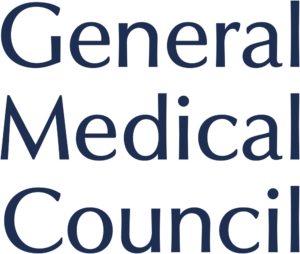A Diploma candidate should plan a training programme in pharmaceutical medicine, where appropriate with the advice of his or her Educational Supervisor. The training in pharmaceutical medicine should involve courses, distance-learning packages, other tuition and personal study. Candidates are not required to have attended a postgraduate course covering the syllabus for pharmaceutical medicine, though most do.
There are several providers of training which candidates might find useful in the preparations for the examination. The Faculty of Pharmaceutical Medicine runs the DPM Training Programme which covers the six topic areas relevant to the Certificate and Diploma in Pharmaceutical Medicine examinations and is delivered online via the FPM Learning Hub.
Study of a current edition of one of the published comprehensive texts is highly recommended as preparation for the examination. Textbooks on key topics in the syllabus such as clinical trials, pharmacokinetics, medical statistics, safety assessments, etc, are also essential reading. Regulatory guidelines, particularly those issued by ICH, can also be a valuable source of up-to-date information.
For more information on preparing for the exams, see Guidance and Regulations: DPM Candidates.


 The UK General Medical Council (GMC) has approved the DPM as an acceptable postgraduate qualification. This means that the DPM is accepted as evidence that the holder has the necessary knowledge, skills and experience to apply for full registration with a licence to practise in the UK.
The UK General Medical Council (GMC) has approved the DPM as an acceptable postgraduate qualification. This means that the DPM is accepted as evidence that the holder has the necessary knowledge, skills and experience to apply for full registration with a licence to practise in the UK.